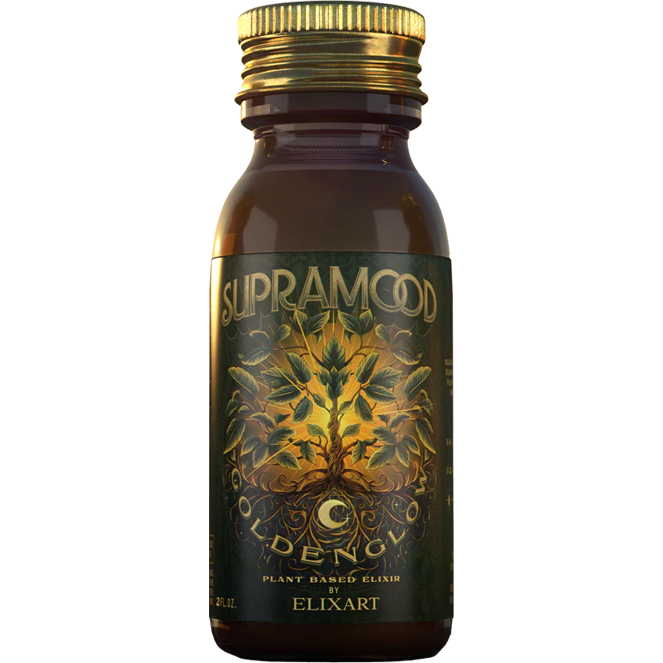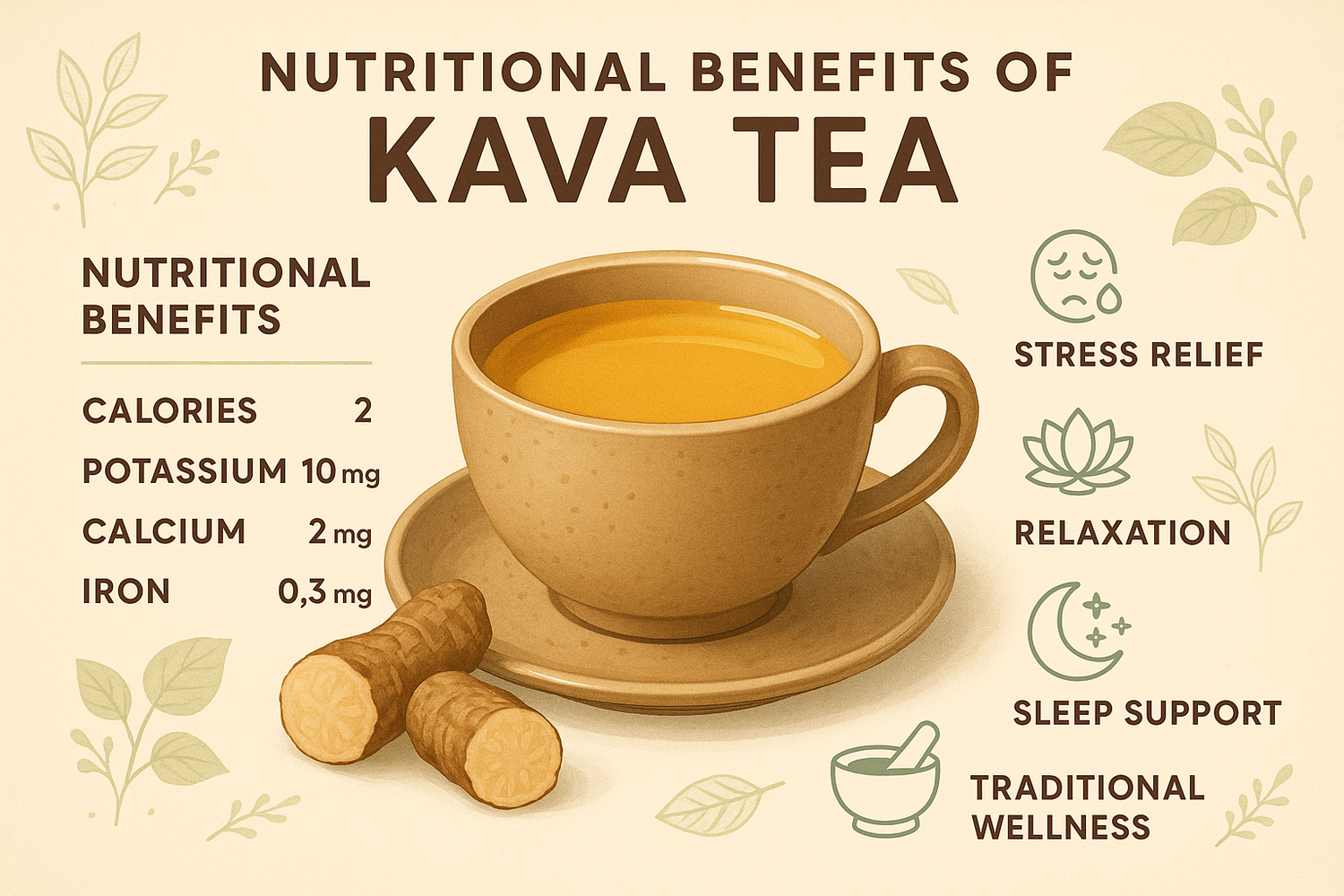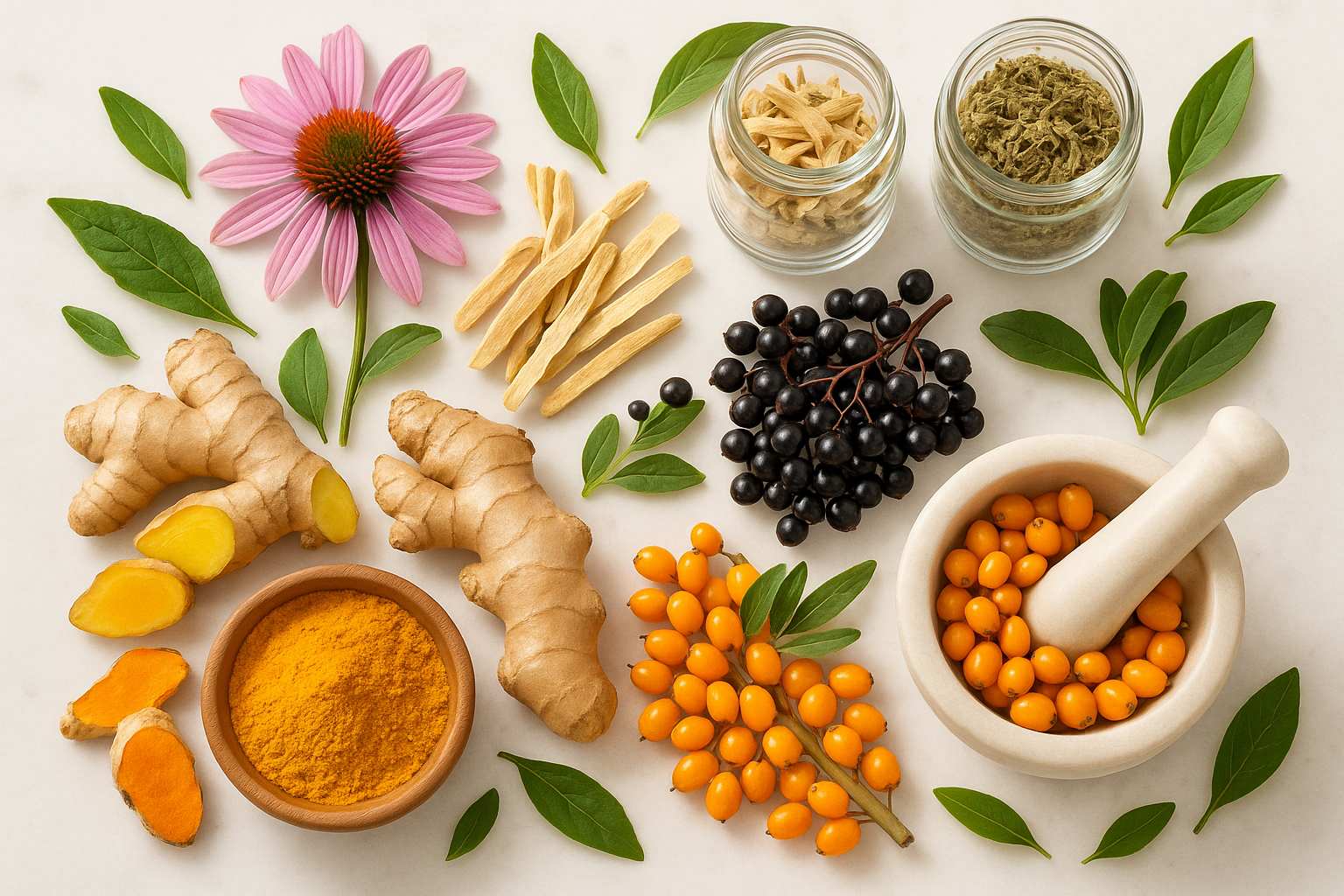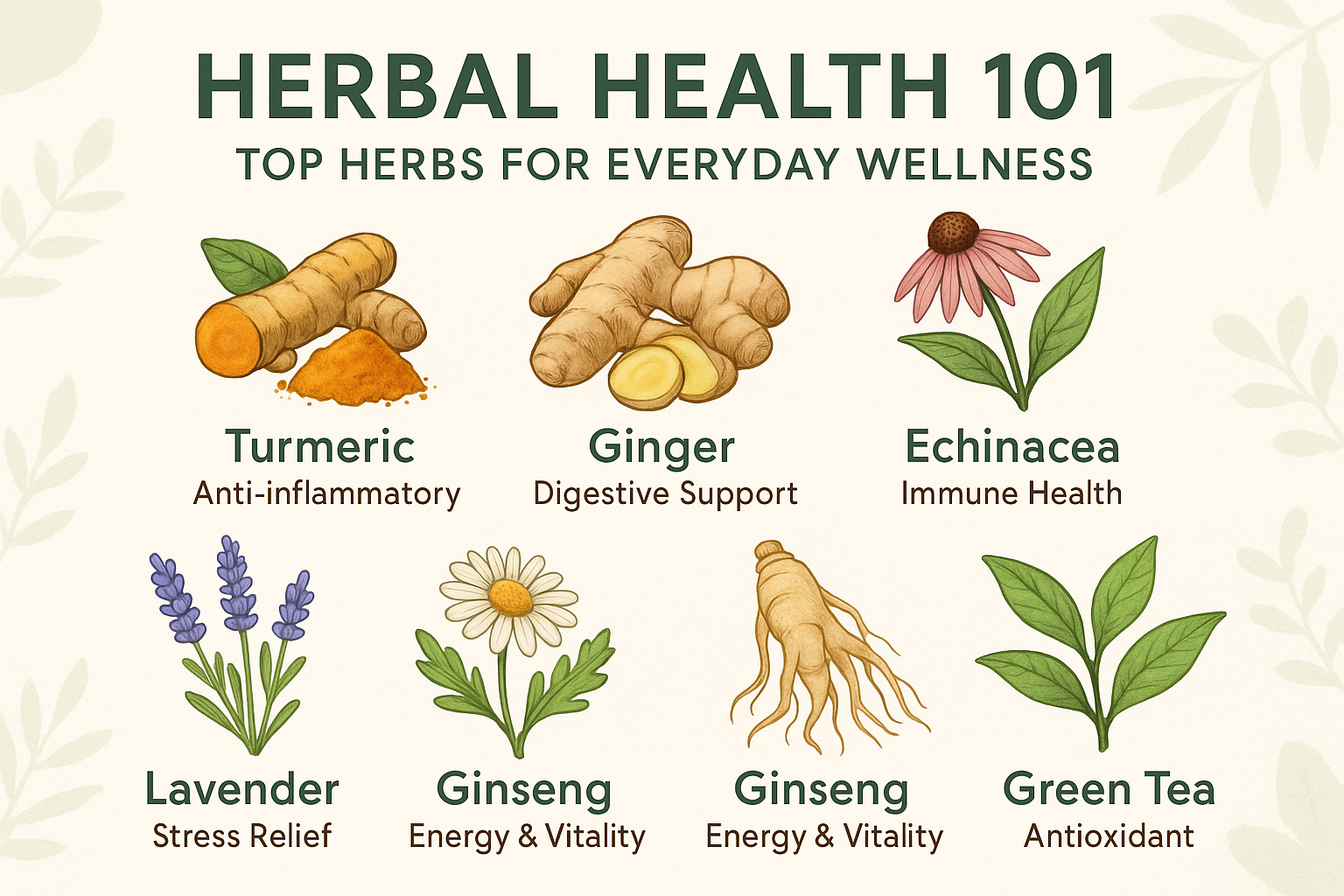Kava tea is a traditional ceremonial drink from the South Pacific that has been enjoyed for centuries. It holds a special place in cultural customs and social gatherings. One of the main reasons for its popularity is its ability to calm the mind and reduce stress.
The key to these effects lies in its active components known as kavalactones. These substances are mainly responsible for the soothing properties associated with kava tea. They work by interacting with the central nervous system, creating a feeling of tranquility and overall well-being.
Potential Nutritional Benefits of Kava Tea
- Relaxation and Stress Reduction: Kava tea is often consumed to alleviate anxiety and promote relaxation without impairing mental clarity.
- Improved Sleep Quality: Many find that kava helps improve sleep quality, making it a popular natural remedy for insomnia.
- Neuroprotective Properties: Kavalactones may protect neurons from damage, potentially offering benefits for brain health.
The nutritional benefits of kava tea go beyond just relaxation. By making kava a part of your wellness routine, you may enjoy various health perks.
Understanding Kava Tea
Origins and Description
Kava tea, originating from the South Pacific, holds a deep cultural significance. Used traditionally in ceremonies, it has long been valued for its calming effects. The tea is derived from the roots of the Piper methysticum plant, also known as kava.
The Kava Plant (Piper methysticum)
The Piper methysticum plant thrives in the tropical climates of islands such as Fiji, Vanuatu, and Hawaii. It requires well-drained soil and ample sunlight. The roots of this plant are harvested, dried, and ground to produce kava tea.
Primary Bioactive Compounds: Kavalactones
Kavalactones are the primary bioactive compounds found in kava tea. These compounds are responsible for the sedative and anxiolytic properties associated with kava. There are six major kavalactones:
- Kavain
- Dihydrokavain
- Methysticin
- Dihydromethysticin
- Yangonin
- Desmethoxyyangonin
Each contributes to the overall effect of kava tea, influencing mood and relaxation.
Other Compounds: Flavokawains
In addition to kavalactones, kava contains flavokawains, though in smaller amounts. These compounds may have additional health benefits, including antioxidant properties. Research into flavokawains is ongoing to fully understand their potential effects on health.
Understanding these components helps you appreciate how kava tea works and why it has been used for centuries as a natural remedy for stress and anxiety.
Potential Nutritional Benefits and Uses of Kava Tea

Nutritional Benefits of Kava Tea
Kava tea is a unique herbal beverage that offers potential nutritional benefits. Its main active compounds, known as kavalactones, are responsible for its various health-promoting properties. Regularly drinking kava tea may contribute to overall health and well-being in several ways.
1. Anxiety Treatment
Kava tea is well-known for its ability to induce relaxation, making it a popular natural remedy for anxiety disorders like generalized anxiety disorder (GAD). Numerous studies have explored its effectiveness:
- A study published in Phytotherapy Research in 2003 discovered that kava extract significantly reduced anxiety symptoms in participants with GAD compared to a placebo.
- Another study in the Journal of Clinical Psychopharmacology (2009) reported similar findings, suggesting that kava could serve as a non-addictive alternative to conventional anti-anxiety medications.
The active kavalactones interact with neurotransmitters in the brain, especially GABA (gamma-aminobutyric acid), which plays a crucial role in reducing neuronal excitability and promoting relaxation.
2. Cancer Prevention
The antioxidant properties of kava tea have attracted attention for their potential in preventing cancer. Antioxidants help neutralize harmful free radicals that can harm cells and contribute to cancer formation. Here are some key points:
- Flavokawains, another group of compounds found in kava, have shown promising anti-cancer effects in early studies.
- A study published in Cancer Research (2005) demonstrated that flavokawains inhibited the growth of prostate cancer cells in a lab setting.
- More research is necessary to fully understand how kava compounds work to protect against cancer.
While these findings are promising, it's important to interpret them cautiously until larger clinical trials can confirm the results.
3. Immune System Booster
Certain compounds found in kava tea might have the potential to enhance the immune system, leading to improved immune function. This aspect of kava's nutritional benefits has received less attention but holds promise:
- Kavalactones are believed to have anti-inflammatory properties, which could influence immune responses.
- Preliminary research suggests that these compounds may increase the activity of specific immune cells, but further studies are needed to validate these effects.
Boosting the immune system naturally with remedies like kava tea could be appealing to individuals seeking holistic approaches to maintaining their health.
Understanding these potential nutritional benefits helps explain why many people incorporate kava tea into their wellness routines. The diverse roles of kavalactones and flavokawains highlight the intricate nature of this traditional beverage.
Other Possible Health Effects of Kava Tea

Natural Remedy for GAD
Kava tea has established itself as a natural remedy for Generalized Anxiety Disorder (GAD). The calming effects of kava tea are attributed to its active compounds, primarily kavalactones. These compounds interact with the limbic system, the part of the brain involved in emotional processing, and enhance gamma-aminobutyric acid (GABA) activity. This interaction results in reduced anxiety levels.
Several studies have supported kava tea's efficacy in treating GAD. For instance, a study published in the Journal of Clinical Psychopharmacology revealed significant reductions in anxiety scores among participants consuming kava extract compared to those taking a placebo. The study concluded that kava could be considered a viable alternative to traditional anti-anxiety medications.
Further emphasizing its potential, another study in Phytotherapy Research found that kava extract not only reduced anxiety but also improved overall mood and well-being without causing dependency or significant side effects. This positions kava tea as an attractive option for individuals seeking natural solutions for anxiety management.
Promoting Better Sleep and Insomnia Remedy
Beyond its anxiolytic properties, kava tea is traditionally used as a remedy for insomnia. The calming and sedative effects of kavalactones play a crucial role in promoting better sleep quality. By enhancing GABA activity and reducing neural excitability, kava helps create a conducive environment for sleep.
In terms of mechanisms, kavalactones modulate various neurotransmitter pathways associated with relaxation and sleep induction. These compounds reduce the time it takes to fall asleep and improve sleep duration and quality.
Research supports these traditional claims. A clinical trial published in Sleep Medicine demonstrated that participants who consumed kava experienced significant improvements in sleep latency (the time it takes to fall asleep) and overall sleep quality compared to those given a placebo. The trial highlighted that these benefits were achieved without causing morning grogginess or other common side effects associated with conventional sleep aids.
Additionally, an article in Australian Family Physician reviewed multiple studies on kava's impact on sleep disorders and concluded that kava could be beneficial for individuals suffering from mild to moderate insomnia. The review emphasized the importance of using high-quality kava products to minimize potential risks while maximizing therapeutic benefits.
Mechanisms Involved
The effectiveness of kava tea in treating GAD and insomnia can be attributed to several physiological mechanisms:
- Enhancement of GABA Activity: Kavalactones enhance the binding of GABA to its receptors, leading to increased inhibitory effects on the nervous system.
- Reduction of Neural Excitability: By modulating ion channels and neurotransmitter release, kavalactones reduce neuronal excitability, promoting relaxation and calmness.
- Modulation of Stress Hormones: Kavalactones influence cortisol levels, helping manage stress responses more effectively.
Studies Highlighting Kava's Efficacy
Here are some notable studies that highlight the efficacy of kava tea:
- A study published in the Journal of Clinical Psychopharmacology demonstrated significant anxiety reduction with kava use.
- Another study in Phytotherapy Research showed mood improvement without dependency or major side effects.
- A clinical trial published in Sleep Medicine highlighted better sleep latency and quality with minimal side effects.
- An article in Australian Family Physician reviewed evidence supporting kava's efficacy for mild to moderate insomnia.
Practical Considerations
While exploring these benefits, it's crucial to consider practical aspects such as dosage, quality, and sourcing:
- Dosage: Adhere to recommended dosages; excessive intake can lead to adverse effects.
- Quality: Use high-quality products from reputable sources to ensure safety.
- Consultation: Always consult with a healthcare professional before incorporating new supplements into your routine.
Understanding these elements ensures you can make informed decisions about using kava tea for anxiety and sleep issues while minimizing risks associated with improper use.
Safety Precautions and Risks to Consider
Potential Risks Associated with Kava Tea Consumption
Kava tea, derived from the Piper methysticum plant, is known for its calming effects and potential health benefits. However, it's essential to be aware of the potential risks associated with its consumption, particularly concerning liver health. Liver injury is one of the most significant concerns linked to kava root usage.
Liver Health Concerns
Kava root contains compounds that can stress the liver and potentially lead to liver toxicity. Cases of liver injury have been reported in individuals consuming kava products, which has raised considerable concern among healthcare professionals. Symptoms of liver injury may include:
- Jaundice (yellowing of the skin and eyes)
- Fatigue
- Abdominal pain
- Nausea
- Dark urine
It's crucial to monitor these symptoms if you are a regular consumer of kava tea.
Restrictions and Bans
Due to these concerns, several countries have imposed bans or restrictions on kava products. For example:
- The United Kingdom banned kava products in 2003.
- Germany also implemented restrictions due to reports of liver damage.
- Canada issued advisories against the use of kava, citing health risks.
These measures highlight the seriousness of potential liver toxicity related to kava consumption.
Importance of High-Quality Kava Root
To minimize risks, it is vital to use high-quality kava root sourced from reputable suppliers. Reputable sources ensure that their products are free from contaminants and adhere to safe manufacturing practices. When choosing a kava product, consider:
- Checking for third-party testing results
- Ensuring the product contains only noble kava varieties, which are considered safer
- Avoiding products with stems or leaves, as they may contain higher levels of toxic compounds
Consulting Healthcare Professionals
Before incorporating kava tea into your routine, especially if you have pre-existing liver conditions or are taking medications that may interact with Piper methysticum extract, consulting a healthcare professional is critical. They can provide personalized advice based on your health status and help mitigate any potential risks.
Key Points for Consultation:
- Pre-existing Liver Conditions: If you have any history of liver disease or abnormal liver function tests, your doctor can assess whether kava tea is safe for you.
- Medications: Some medications can interact with kava, increasing the risk of liver damage or other adverse effects. Your healthcare provider can review your current prescriptions and over-the-counter medications to identify any potential interactions.
- Dosage Recommendations: A healthcare professional can guide you on safe dosage levels and frequency of consumption. The daily intake of kavalactones should not exceed 250mg.
- Monitoring: Regular monitoring through blood tests can help detect early signs of liver stress or damage if you decide to consume kava tea regularly.
Understanding these precautions ensures you can enjoy the potential benefits of kava tea while minimizing associated risks. By sourcing high-quality products and consulting with healthcare providers, you make informed decisions that support your overall well-being.
Conclusion
Kava tea is a promising natural remedy with many nutritional benefits. Its active ingredients, kavalactones, can help you relax, reduce anxiety, and sleep better. These potential benefits make kava tea an attractive choice for people looking for alternative treatments for stress-related conditions.
But it's important to be cautious because there are potential risks associated with drinking kava tea, especially when it comes to liver health. To minimize these risks, make sure you get your kava root from trusted suppliers who sell high-quality products.
Before you start drinking kava tea regularly as part of your wellness routine, it's crucial to talk to a healthcare professional first. This is especially important if you already have liver problems or if you're taking any medications that might interact with kava.
Do your own research and learn more about kava tea with the guidance of professionals so that you can fully understand both its benefits and risks.
FAQs (Frequently Asked Questions)
What are kavalactones and how do they contribute to the nutritional benefits of kava tea?
Kavalactones are active compounds found in kava tea that are responsible for its potential health benefits. They have been studied for their calming and relaxing effects, which may contribute to stress reduction and anxiety relief.
What is the primary bioactive compound in kava tea?
The primary bioactive compound in kava tea is kavalactones, which are known for their potential to promote relaxation and reduce stress.
How does kava tea potentially contribute to cancer prevention?
Kava tea's antioxidant properties may play a role in protecting against cancer development. Scientific evidence suggests that these antioxidants could help prevent cell damage and reduce the risk of cancer.
Is kava tea effective in treating symptoms of anxiety disorders?
Research studies have shown that kava tea may be effective in reducing symptoms of anxiety disorders such as generalized anxiety disorder (GAD). Its calming effects have been observed to help alleviate anxiety-related symptoms.
What are the potential risks associated with consuming kava tea?
Consuming kava tea may pose risks to liver health, as some studies have linked its use to hepatotoxicity. It is important to use high-quality kava root and consult with a healthcare professional before incorporating kava tea into your routine, especially if you have pre-existing liver conditions or are taking medications that may interact with kava.
How should individuals approach incorporating kava tea into their routine considering its potential advantages and associated risks?
Individuals should explore the use of kava tea under the guidance of a healthcare professional. It is important to weigh the potential advantages of using kava tea as a natural remedy with its associated risks, especially those related to liver health.







Leave a comment
This site is protected by hCaptcha and the hCaptcha Privacy Policy and Terms of Service apply.